Rwanda
When he was elected in 2003 by more than 90% of voters and again in 2010, Mr. Kagame had been heading Rwanda since July 1994.
During that period, his rebellion of the RPF chased out Hutu extremists and put an end to the now-famed genocide leaving more than 800,000 people dead. The departed were mostly members of the Tutsi minority.
But there is a cry for change as a major referendum decides in days.
“Officially this is not a campaign election”, explains Senator Tito Rutaremara.
“The population has asked us to revise the Constitution and we have therefore come to their account to explain the changes,” he said.
That explanation speaks to a referendum on Friday and which in particular would allow Mr Kagame to seek a new mandate.
One of the main provisions of the new Constitution adopted on 17 November by Parliament not only authorizes the incumbent to run for another term 2017 – as the current provision prohibits him – but also to potentially lead the country until 2034.
According to the Senator when they explained to the populace the content of the reform, they were happy, and the onslaught became a campaign.
“Paul Kagame has done so many things for us”, Jean-Baptiste, a welder told AFP.
He added that Mr Kagame brought back sanity and a spectacular economic recovery after the genocide.
“Before, the population was divided, all this has changed,” he adds.
Since the announcement a week ago of the date of the referendum, members of parliament have been roving the country seeking support.
“Parliamentarians came to ask us to vote yes,” explains Teresa Nyirahabimana, a 44 year old farmer.
“It is okay because the President (Kagame) has done a lot, he brought us peace and because of him some of us in the villages have cows.” She said.
#Rwanda will finally be what it wants to be if we remain focused – Pres. #Kagame https://t.co/tbYFJaK0zm pic.twitter.com/h28xWhoh13
— Government of Rwanda (@RwandaGov) December 14, 2015
Amidst all this, the Democratic Green Party has resorted to a ‘No’ campaign, citing the time limit of ten days between the announcement of the referendum and the vote as very short.
Rwanda is often pitted on the darker side for its lack of political openness and regularly pinned for its violations of freedom of expression. A number of observers doubt if the spontaneity would lead to reforms.
According to those who oppose the reform, like one resident from Kigali who requested anonymity, “the President has worked well for Rwanda but others may do the same thing or even better.”



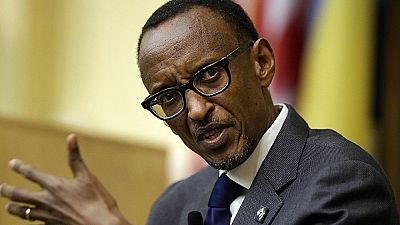

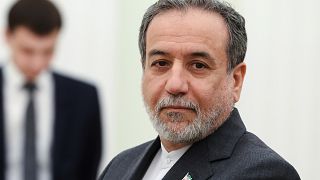


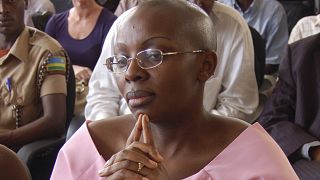
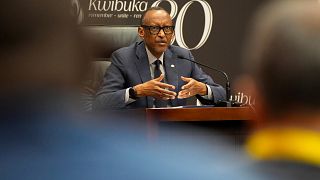
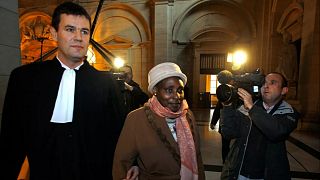

01:08
Dancehall superstar Shatta Wale urges young people to back President Mahama
01:09
Guinea presents draft for new constitution, referendum set for September
Go to video
Paraguayan town celebrates vibrant Kamba Ra'anga festival with masks, fire and tradition
01:47
Chinese city of Xuchang is world's biggest producer of wigs
01:15
U.S. considers adding more African countries to travel ban
01:19
Italy's referendum on citizenship and labour laws fails due to low turnout